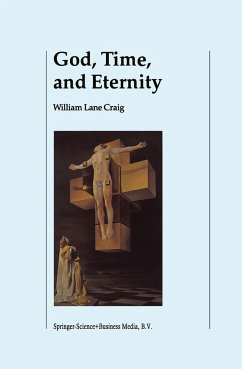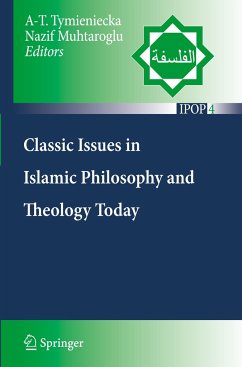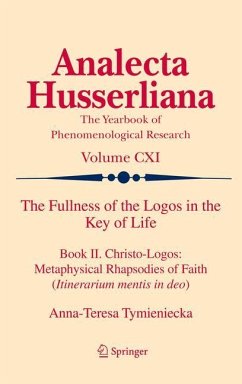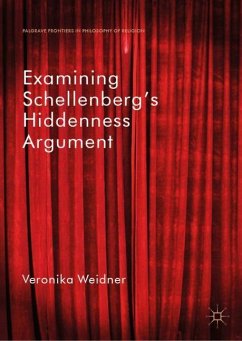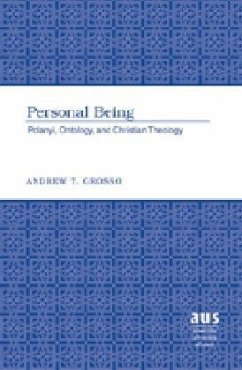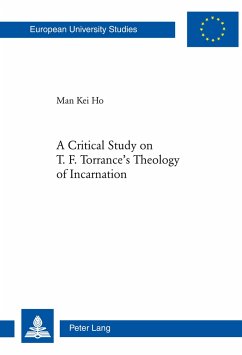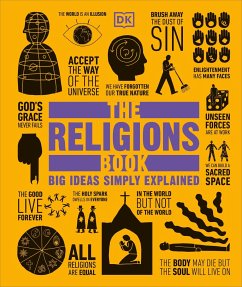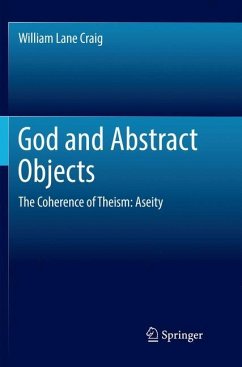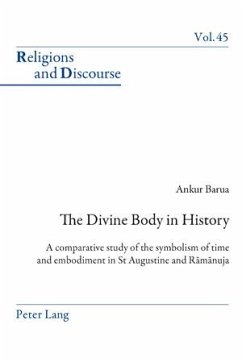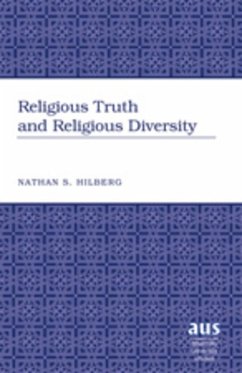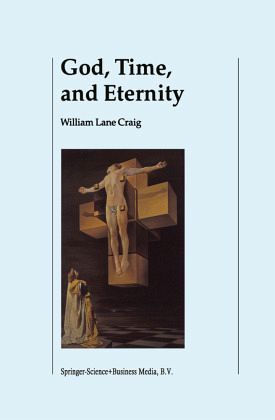
God, Time, and Eternity
The Coherence of Theism II: Eternity
Versandkostenfrei!
Versandfertig in 6-10 Tagen
151,99 €
inkl. MwSt.
Weitere Ausgaben:

PAYBACK Punkte
76 °P sammeln!
hose who think about time are thinking deeply. Those who think about God T are thinking even more deeply still. Those who try to think about God and time are pressing the very limits of human understanding. Undaunted, this is precisely the project which we have set for ourselves in this study: to try to grasp the nature of divine eternity, to understand what is meant by the amnnation that God is etemal, to fonnulate a coherent doctrine ofGod's relationship with time. This study, the second installment of a long-range research pro gram devoted to a philosophical analysis of the principal attrib...
hose who think about time are thinking deeply. Those who think about God T are thinking even more deeply still. Those who try to think about God and time are pressing the very limits of human understanding. Undaunted, this is precisely the project which we have set for ourselves in this study: to try to grasp the nature of divine eternity, to understand what is meant by the amnnation that God is etemal, to fonnulate a coherent doctrine ofGod's relationship with time. This study, the second installment of a long-range research pro gram devoted to a philosophical analysis of the principal attributes of God, flows naturally out of my previous exploration of divine omniscience. ! For the most contentious issue with respect to God's being omniscient concerns divine foreknowledge of future contingents, such as free acts of human agents. The very concept of foreknowledge presupposes that God is temporal, and a good many thinkers, from Boethius to certain contemporary philosophers, have thought to avoid the alleged incompatibility of divine foreknowledge and human freedom by afflnning the timelessness of God. Thus, in examining the complex of issues surrounding the foreknowledge question, we found ourselves already immersed in the question of divine eternity.





